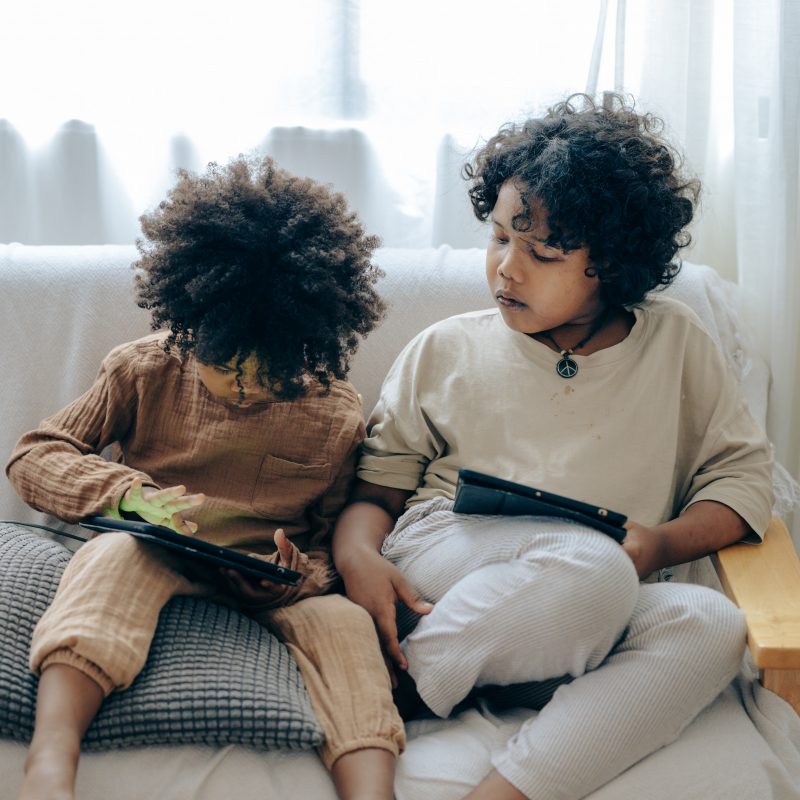They say that art mimics life, and artists themselves are an intuitive and Emotional group. In movies, books and fairy tales we find recurring themes of competition, Sibling Rivalry, Favoritism and jealousy. For example, East of Eden is a movie based on John Steinbeck’s novel about a father of two boys who clearly and consistently Favors one son over the other. His extreme bias makes the life of his Disfavored son miserable and arduous, and although the boy struggles to prove his worth, his father relentlessly denigrates him. Another movie popular in its time is Ordinary People, the story of a mother, played by Mary Tyler-Moore, who strongly Favors one son. But when the Favored son dies in an accident, her dislike of the surviving Disfavored brother comes into stark focus, immensely compounding the family’s grief. In the movie Walk The Line the real-life story of country singer Johnny Cash reiterates this theme when a beloved Favored child is lost in an accident, and the parents’ resentment of their surviving Disfavored son, Johnny Cash, suddenly comes into focus. More examples of high competitive Emotions are found in fairy tales where Stepmothers are portrayed as evil, as in the classic tale of Snow White where the wicked stepmother is jealous of her beautiful, innocent stepchild and banishes her from home, though a happy ending comes when she is rescued by a tribe of jocular dwarfs. In Cinderella the wicked stepmother Favors her own ugly daughters over her husband’s beautiful little child, leaving Cinderella isolated to cook, clean, serve the others and fend for herself. In Hansel and Gretel the evil stepmother tries to rid herself of the burden of caring for her two stepchildren by sending them out into the forest unprotected from potential danger.
Besides featuring the common family issues of Rivalry and Favoritism among siblings, some of these stories, such as Snow White, actually highlight the salient family problem of parental jealousy of children. This delicate subject has never before been broached in psychological circles, probably because of the “fault” or “blame” it tends to direct toward parents as the source of the child’s problem behavior. CBT or Behavioral psychology, because it is built from the perspective of adults, tends to pander to the viewpoint of parents. Rather than find fault with parents, it blames children for their unruly behavior and negative influence on family dynamics.
To put it clearly, DOLF proffers the idea that, more than we care to imagine, parents do become envious of their own children, whether biological, adopted or stepchildren. Usually, the jealousy is that of a parent toward their same-sex child. So, we refer here to mothers who are jealous of their daughters, and fathers who are envious of their sons. Shocking as it may seem to us, from a child’s point of view, parental jealousy is a very devastating matter. The fact that it is unspoken and is never confronted makes it even worse. It is an issue that is more common than we dare to believe and needs to be addressed not only because it really happens, goes on underground, tends to be denied and resists investigation, but mainly because it causes a great deal of Emotional distress for the child that they are not equipped to handle. The overriding concern here is not the culpability of either one, but that a deeper understanding of this parent-child dynamic should take precedence over defensiveness over pride or reputation. This problem is discussed in greater detail in another context. (See blogs titled: Parental Jealousy, Mother to Daughter and Parental Jealousy, Father to Son)
In addition to biological children, stepchildren pose related problems of parental jealousy. Precisely as depicted in the fairytales, and contrary to popular belief that step-parenting can be a smooth ride and a source of new-found pleasure for all the family members, stepparents do become jealous of their stepchildren. If you think about it, a new step-parent naturally hopes to seek the full undivided attention of their new spouse. Unfortunately however, if they intend to occupy the same household with a parent who is already a Prime Love Giver to their children, whether this PLG parent is a woman or a man, the newly housed stepparent should anticipate that this is a spouse who is vitally attached to their own children, and to whom the children are vitally attached in return. They should accordingly be prepared to face the competition of irrational children who are already Emotionally connected with their PLG parent and with whom they have had a loving relationship for all their natural lives. Alternatively, if the parent with whom the stepparent resides is not the PLG for the children, things might go more smoothly, though one should be prepared to face the mourning reaction of children who have at the same time lost their own main Emotional feeding ground.
Soap operas supply ample grounds for competitive, conflictual situations and the complex Emotions they stir up. Though the study of psychology is still oblivious to these underground waves of Emotion, the storylines of authors and writers often revolve around such intense, critical feelings – jealousies that are fueled by Anger and Anxiety. They highlight the intense Emotional energy behind these situations, and expose the desperate scheming and plotting that can percolate behind the scenes when these Emotions are aroused.

